CTRL+K
CTRL+K
On the 7th day following a baby’s birth, the eagerly awaited baptism becomes a cherished event for the entire family in Souss-Massa and southern Morocco. Women from the village meticulously prepare an array of dishes for the delighted mother, while also enlivening the festivities with traditional songs, dances, and joyful ululations (‘Youyous’). Central to the ceremony is the sacrifice of a sheep, marking a solemn yet celebratory moment. During this ritual, the chosen name for the newborn is officially proclaimed and bestowed, symbolizing the child’s entry into the community and the beginning of their journey in the world.
A Moroccan baby’s baptism is a beautiful and meaningful event. It brings together family and friends to celebrate the arrival of a new life. The most important part is the “Sbah” or morning ceremony. During this special event, the elders bless the baby and give them traditional charms and jewels. These items are meant to protect the child and bring good luck as they grow up. The amulets and talismans are symbols. They show that the whole community will care for and support the baby throughout their life’s journey. This tradition reflects how important family, community, and faith are in Moroccan culture.
The baptism ceremony takes place soon after the baby is born. Before the Sbah ritual begins, loved ones gather to welcome the newest member of their circle. The elders play a key role during the morning blessing. With great care and reverence, they adorn the infant with special protective jewelry and charms. These accessories, passed down through generations, are believed to shield the child from harm and pave the way for abundance. As the amulets are placed, the elders recite ancient prayers, invoking divine blessings upon the little one’s future.
Moroccan celebrations are unfinished without flavorsome dishes that excite the taste buds and capture Moroccan cuisine’s soul. During a Moroccan baptism, tables overflow with tasty tagines, aromatic couscous, and various pastries and sweets. Customary treats like msemmen (layered Moroccan flatbread), pastilla (a savory-sweet pastry pie), and seffa (sweet couscous) take center stage, thrilling guests with their rich flavors and intricate spices. As friends and family gather around the table, they partake in the joyous occasion, relishing every bite and forging cherished memories that endure forever.
During Moroccan baptism ceremonies, the cheerful celebrations and delicious foods are mixed with emotional and thoughtful moments. When the child joins the community, older people give blessings and wise words from the past. The parents and family share their hopes and dreams for the child’s future. They promise to support and guide the child with love and kindness. These heartwarming moments of connection and acceptance strengthen the ties between family and community. They create a strong bond of love and belonging that lasts forever.
The special time celebrates a new life and new beginnings. But it also honors long-held customs and traditions passed down through generations. Elders recall their own childhood rituals and share cherished memories. They remind the gathered loved ones of their family history and cultural roots. In these tender moments, everyone feels a deep sense of pride and purpose. They are part of an age-old tapestry woven with unconditional acceptance, generational wisdom, and unwavering devotion.



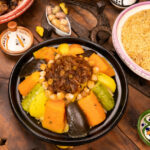

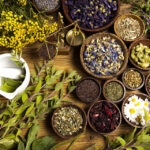
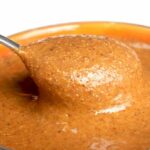
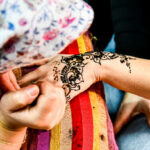
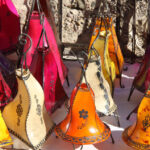

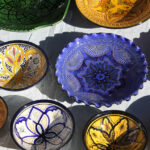

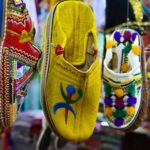
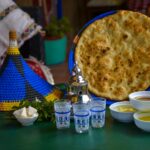

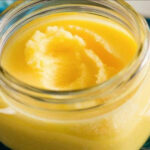
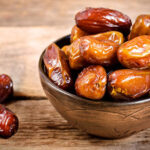


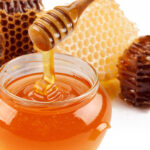

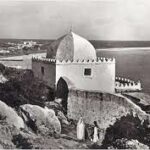
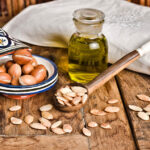



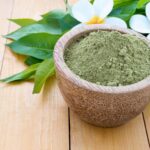
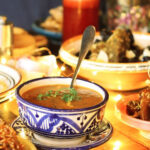





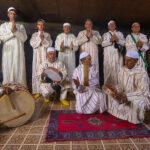
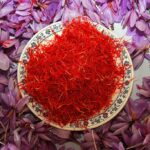
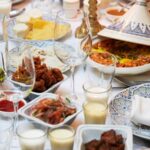
There are no results matching your search.
Reset